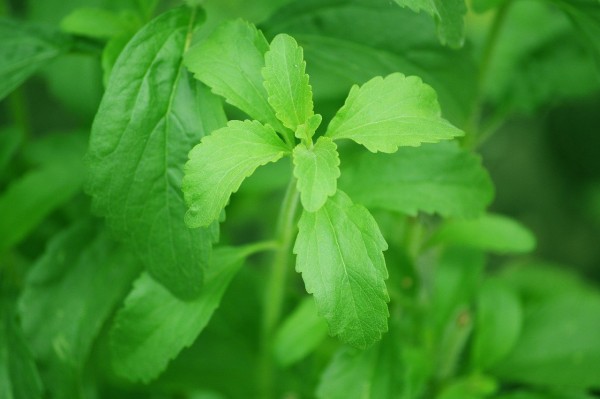Researchers Link Natural Sweetener 'Stevia' to a Probable Health Issue
People all around the world use sugar. From enhancing the taste of dishes, making heavenly desserts, and even making caramel to coat your favorite granola bar with it. When making something sweet, nothing beats sugar. It comes in white, brown, and even dark brown, making your cookies and brownies have that sweet, calming taste.
Alongside the sweetness it brings, it also gives your body energy. However, because too much sugar is bad for everyone, sugar substitutes are used to maintain that sweetness everyone looks for. In the previous years, health enthusiasts and diet concerned individuals have substituted honey, stevia, and other sweeteners in the market to avoid the increase of cholesterol and avoid forming harmful diseases. When the ketogenic diet entered the limelight, many people gave up sugar intake and completely replaced it with stevia. However, Ben-Gurion University researchers discovered in their research that stevia might disturb the gut microbiome's communication with each other, which may raise health issues.
It is known that the gut microbiome is important for an individual's health. According to Healthline, it is tough for people to survive without a gut microbiome because humans adapted to live with microbes for millions of years. They also added that the gut microbiome is essential in controlling the immune system, which is essential today because of coronavirus.
ALSO READ: Scientists Reveal How the Brain Curbs Cravings for Sugary Food
Results of the study
Going back to the study, according to The Jerusalem Post, the researchers studied the effect of the sugar substitute and the purified extracts that it contains and found that it impairs the communication pathways of the said bacteria. The researchers also added that inequities of microbiome were noted.
According to Healthline, stevia is a plant that makes it natural. However, they added that natural stevia is different from the stevia that we see in stores because, according to them, these products do not contain whole stevia leaf. Instead, they are composed of highly refined stevia leaf extract called rebaudioside A (Reb-A).

The stevia plant is naturally sweet, but it differs from the stevia on the grocery shelves.
READ ALSO: High Glucose Levels May Limit One's Capability to Do Aerobic Exercise
In an interview with Media Line, the lead researcher of the study Dr. Karina Goldberg said that it is still early to tell if stevia is safe or not for consumption. She also added in the interview that further research is needed to verify the results. The Jerusalem Post also mentioned previous studies from Ben-Gurion University demonstrating artificial sweeteners like aspartame and sucralose are toxic to the bacteria found in the gut.
Ariel Kushmaro, BSC, MSC, Ph.D., the supervisor of the study, said in an interview with The Jerusalem Post that bacteria are talking with chemical language, basing on the results of their study. He added in the interview that the stevia molecules are intrusive with the said communication and specifically bind to receptors that are related to these communications.
Reminders from the authors of the study
According to Dr. Goldberg, their study does not imply that consumption of stevia should be abruptly stopped. Instead, she emphasized in their interview that consideration should be taken because the results showed that it could harm the microbiome found in the gut. Dr. Kushmaro furthered that even though more studies are needed to verify the results, he stressed in his interview that a high concentration of stevia is not yet sure to be good and beneficial for people.
READ NEXT: Consumption of Sugary Drinks While Breastfeeding May Impact Infant Cognitive Development?
Check out more news and information on Gut Health on MD News Daily.
Dec 03, 2020 08:00 PM EST





